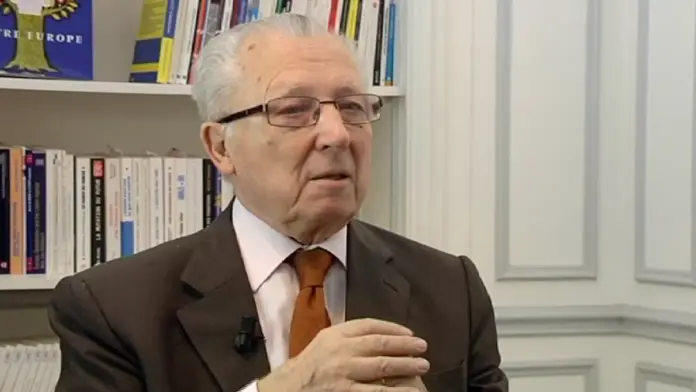
Jacques Delors, the former President of the European Commission, passed away on 27 December 2023 in Paris at the age of 98.
Delors dedicated his life to promoting European integration. As Europe faces challenges such as stagnation and polarization, reflecting on Delors’ contributions can help reinforce the continent’s unity and autonomy.
Delors was not only an iconic figure of the French left-wing Socialist Party but also the first President of the European Commission to serve three consecutive terms.
Rising to prominence in the late 1960s, he became even more influential during François Mitterrand’s presidency in France.
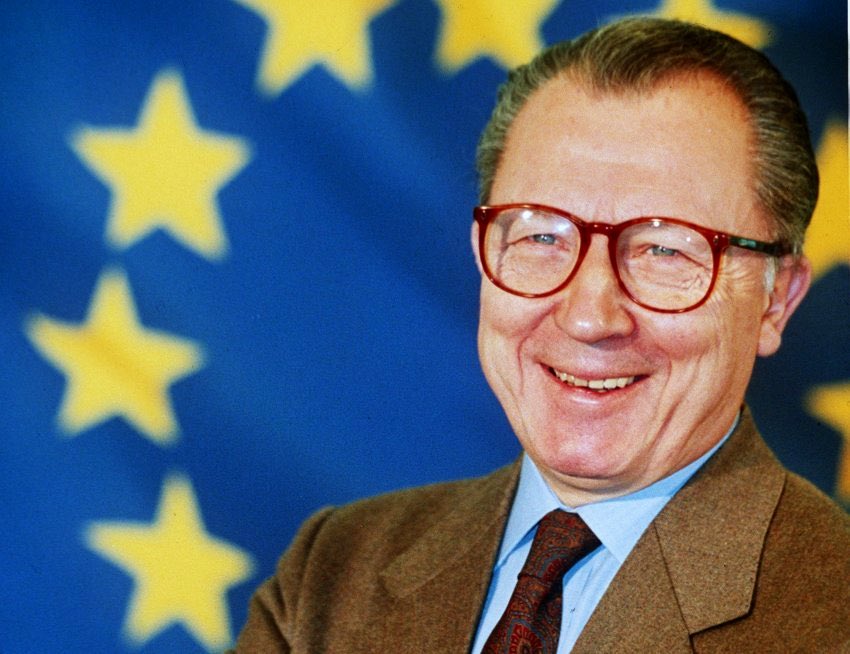
However, it was his tenure as President of the European Commission from 1985 to 1995 that solidified his impact on European integration.
During his decade-long tenure, Delors fervently advocated for the creation of the European single market, the Schengen Agreement, and reforms to the common agricultural policy.
These efforts facilitated the free movement of people, capital, goods, and services within the European Economic Community (EEC). Additionally, he pioneered the renowned Erasmus Program in education, fostering cross-border exchanges among European universities and colleges.
Indeed, during his tenure, Delors famously released the Delors Report, in which he suggested to fulfill three conditions in Europe: full and irreversible convertibility of currencies, the establishment of the free movement of capital, irrevocably fixed exchange rates between European currencies and, finally, the adoption of a single currency.
The Report delineated a three-stage roadmap for achieving the Economic and Monetary Union (EMU) in Europe. The initial stage, which required no Treaty modifications and could be managed by existing institutions, focused on finalizing the Single Market, intensifying economic policy coordination, and fostering monetary collaboration. All currencies were to be incorporated into the Exchange Rate Mechanism of the European Monetary System (EMS). Concurrently, negotiations for a Treaty on Economic and Monetary Union would commence. Subsequently, the second stage would unfold, ushering in a new European central bank system that would operate alongside national monetary authorities. This stage also envisioned a federal monetary institution facilitating collective decision-making. In the culminating stage, economic governance would transition to Union bodies, cementing fixed exchange rates and, ideally, ushering in a singular currency to supersede national ones.
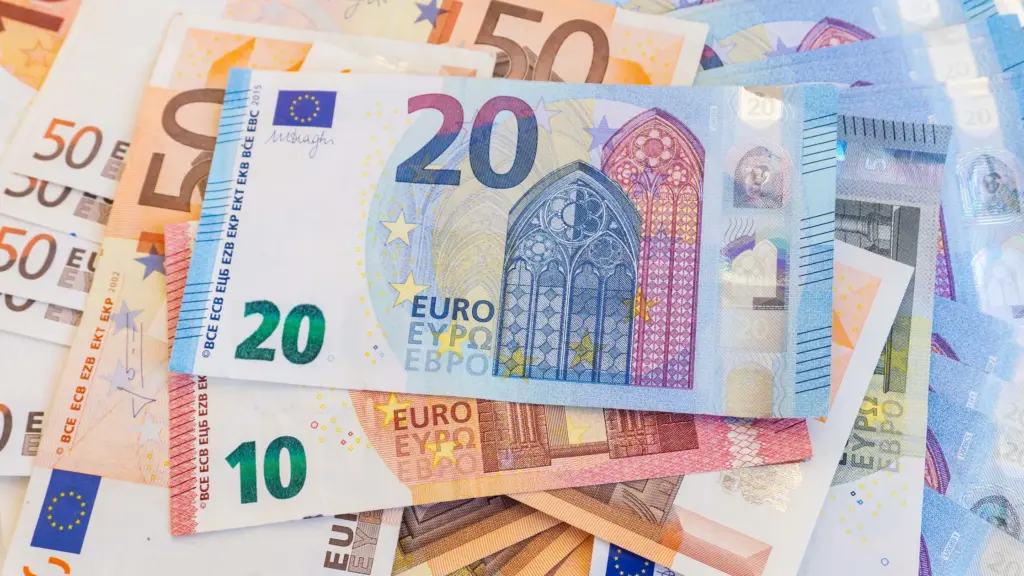
According to Ding Chun, Director of the Center for European Studies at Fudan University and President of the Shanghai European Society, Jacques Delors held a steadfast belief in advancing European integration and forging a “closer European Union.”
Delors’ focus on the social dimension of Europe, as highlighted by analysis, has been central to his vision. This emphasis has played a pivotal role in reinforcing the EU’s sense of identity and unity.
On the day of Delors’ death, French President Emmanuel Macron extended his condolences, lauding Delors as “a statesman deeply intertwined with France’s destiny” and “an indefatigable architect of Europe.”
Ursula von der Leyen, President of the European Commission, remarked that Delors “shaped an entire generation of Europeans, myself included.”
European Council President Charles Michel also paid tribute, stating that Delors, in steering the European Economic Community towards true union status, “stands as a monumental figure in both French and European history as a visionary builder of Europe.”
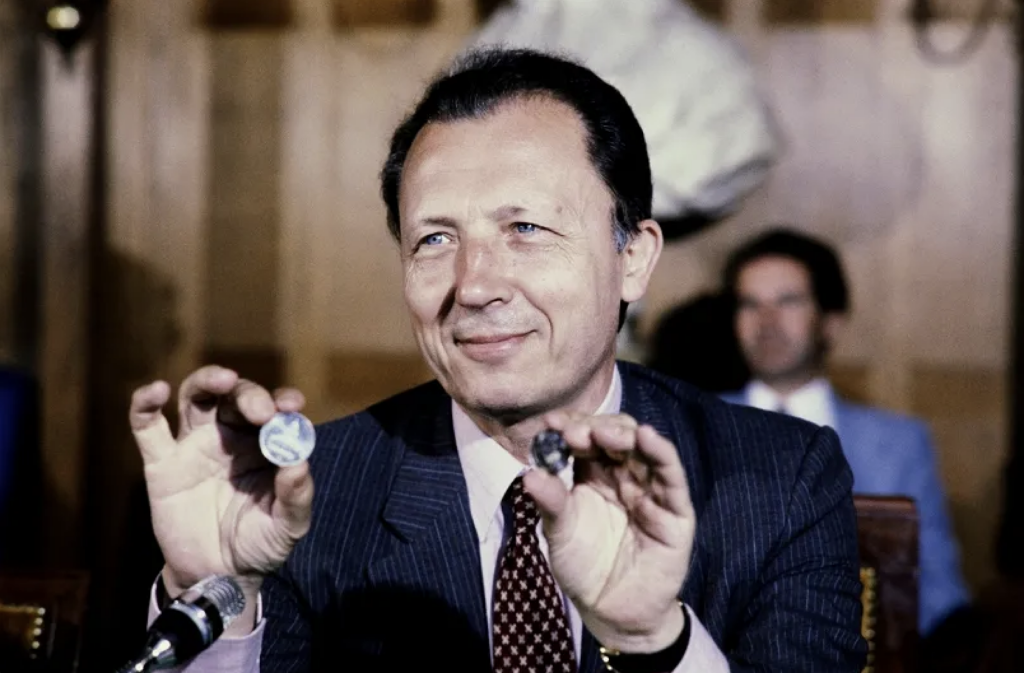
In reflection, given the current challenges confronting the European Union, sentiments within European public opinion are understandably somber: externally, the protracted Ukrainian crisis casts a shadow, and the EU grapples with multifaceted pressures.
Additionally, the escalating Palestinian-Israeli conflict, exacerbated by the U.S.’s strategic stance, deeply troubles European society, amplifying the threat of terrorist activities.
Internally, the EU struggles with economic downturns, industrial decline, and a lack of consensus on matters like EU expansion and illegal immigration, placing European integration at a potential standstill.
“Dedicated to the cause of European integration, Delors consistently advocated for its deepening across various domains—from economic and political to social and defense,” observed Ding Chun. “He ardently championed Europe’s relative autonomy and envisioned Europe as a pivotal player in a multipolar global landscape.”
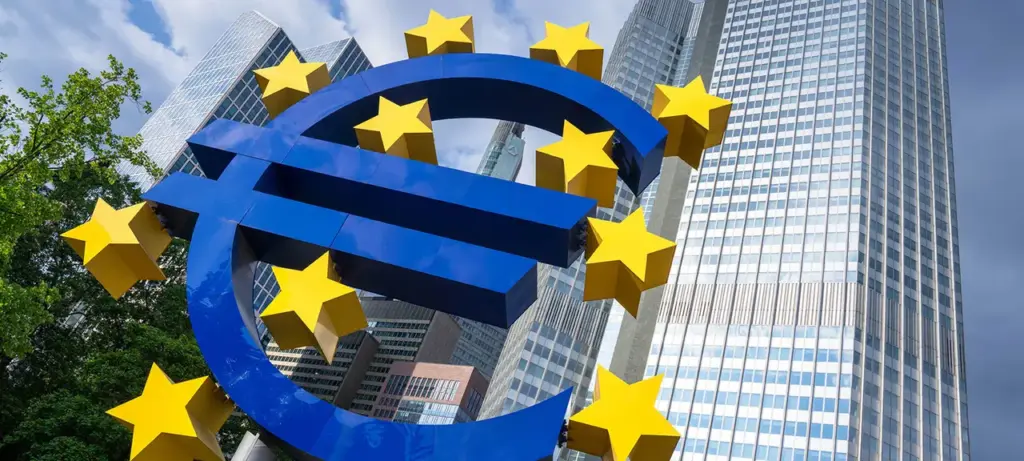
Even in his later years, Delors remained an unwavering advocate for European solidarity. In March 2020, amidst divisive responses from EU leaders to the COVID-19 pandemic, he emphasized the imperative of unity.
Ding Chun emphasized Delors’ proactive efforts in fostering ties with China during his tenure. On his visits to China, Delors elucidated the objectives of European integration to Chinese leaders, aiming to bolster mutual trust between the two entities. He also advocated for initiatives such as establishing an EC representative office in Beijing to further enhance Sino-European relations.
As 2023, the year marking the 20th anniversary of the China-EU Comprehensive Strategic Partnership, nears its end, Delors’ legacy serves as a poignant reminder for Europe to contemplate decisions that foster global peace, stability, and prosperity.
(Source: European Central Bank, X, Le Point, 20 Minutes)



